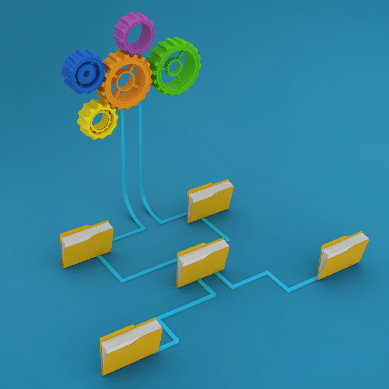1 Answers
The International Traffic in Arms Regulations (ITAR) is a critical regulatory framework that governs the export, re-export, or retransfer of defense articles and services in the United States. ITAR is administered under 22 U.S.C. 2778 of the Arms Export Control Act (AECA) and the Executive Order issued in 2013, known as the “Administration of Reformed Export Controls.” These regulations are crucial for safeguarding U.S. national security interests and controlling the flow of sensitive defense-related technologies and materials.
ITAR certification is mandatory for individuals, organizations, and businesses involved in activities related to defense items. Here’s a more detailed explanation of who needs to comply with ITAR:
- Manufacturers: Any company or individual in the United States engaged in the production, assembly, testing, or modification of defense articles is subject to ITAR regulations. This includes designing, developing, and producing military hardware, such as weapons, ammunition, vehicles, and related components.
- Exporters: ITAR applies to those intending to export or transfer defense articles outside the United States. This includes the physical export of items and any technical data, software, or technology associated with these defense articles. Even sharing technical information with foreign nationals in the U.S. can trigger ITAR compliance requirements.
- Temporary Importers: Companies or individuals importing defense articles temporarily into the United States, for purposes like repair, testing, or exhibition, must comply with ITAR. This includes managing these items’ safe handling, storage, and return within the stipulated timeframes.
- Defense Service Providers: Individuals or entities offering services directly related to defense articles, such as maintenance, repair, training, or technical support, are also subject to ITAR regulations. This includes both domestic and international service providers.
- Brokers: Individuals or companies that facilitate the sale, transfer, or export of defense articles or services on behalf of others must also comply with ITAR. This includes obtaining the necessary licenses and authorizations.
- Researchers and Academia: Universities, research institutions, and scholars engaged in research involving defense articles or technical data may be subject to ITAR if their work falls within the scope of controlled technologies. This often requires obtaining specific licenses or complying with ITAR-related restrictions.
- Foreign Persons: Foreign nationals physically present in the United States and have access to defense articles, technical data, or controlled information must also comply with ITAR restrictions. Employers must take precautions to ensure compliance, such as obtaining licenses or implementing security measures.
The Definition of a “Foreign Person” under ITAR
To comprehend the scope of ITAR and its applicability to foreign companies, it’s crucial to understand the definition of a “foreign person” outlined in Article 120.16 of the regulations. According to this definition, a “foreign person” encompasses several categories:
- Natural persons: Any individual who is not a lawful resident or protected under relevant U.S. legislation falls under this category. If you are not a U.S. citizen or a green card holder, you are considered a “foreign person” under ITAR.
- Entities and organizations: This category includes foreign corporations, business associations, partnerships, trusts, societies, or any other entity or group not incorporated or organized to do business in the United States. Additionally, international organizations, foreign governments, and any agencies or subdivisions of foreign governments are considered “foreign persons.”
Please login or Register to submit your answer





